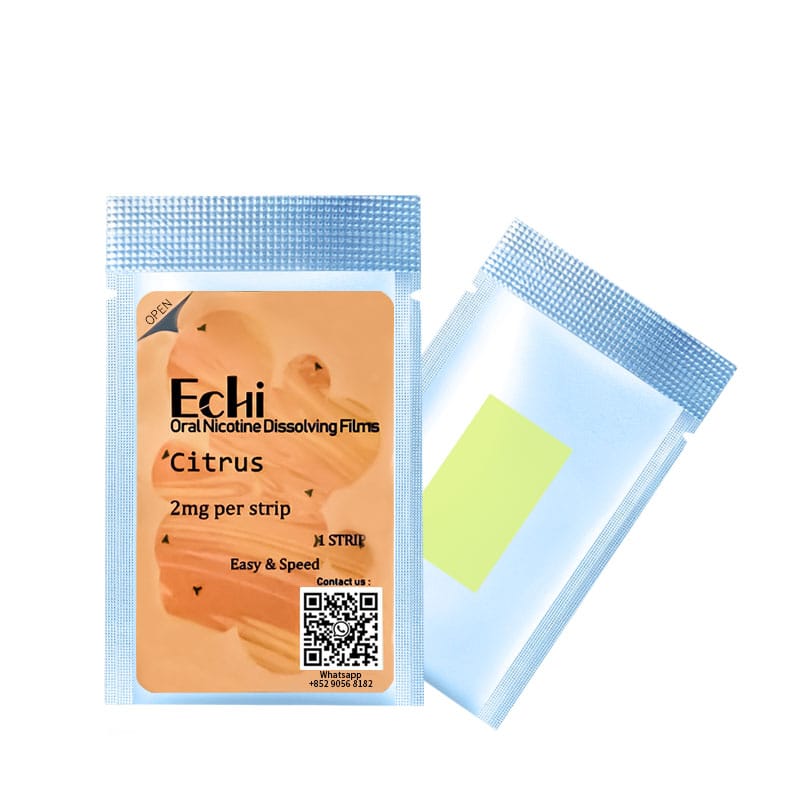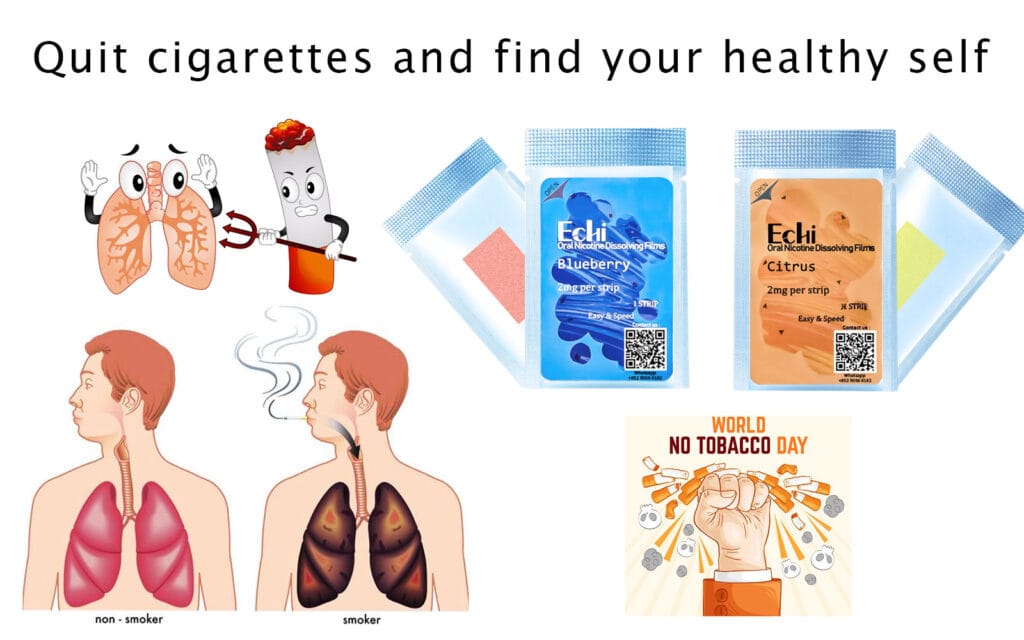Table of Contents
1. Introduction
Experiencing stomach pain after using nicotine products is not uncommon. Many people report nausea, discomfort, or even cramps shortly after consuming nicotine, whether through smoking, vaping, or oral products like pouches and gum. In this article, we’ll discuss why nicotine can cause stomach issues, offer quick relief methods, and provide tips for reducing the likelihood of future episodes.
2. Why Does Nicotine Cause Stomach Pain?
Nicotine affects the body in multiple ways, and its effects on the gastrointestinal (GI) system can lead to discomfort or pain in the stomach. Some of the primary reasons include:
2.1. Increased Stomach Acid Production
Nicotine stimulates the production of stomach acid. When excessive stomach acid builds up, it can lead to acid reflux, burning sensations, and general discomfort in the stomach area.
2.2. Muscle Relaxation and GI Irritation
Nicotine can relax the lower esophageal sphincter (the muscle that prevents stomach acid from moving up into the esophagus), which can increase the risk of acid reflux. Additionally, nicotine irritates the lining of the stomach, which can exacerbate pain and nausea.
2.3. Nicotine Poisoning or Overuse
High doses of nicotine, especially for new users, can lead to symptoms of nicotine poisoning. Symptoms include nausea, dizziness, and stomach pain, which may be exacerbated by accidental ingestion of too much nicotine from sources like nicotine pouches or gum.
2.4. Impact on Digestion
Nicotine impacts the body’s metabolism and digestion speed. It can cause the digestive muscles to contract irregularly, potentially leading to cramps and discomfort.
3. Immediate Steps to Relieve Nicotine-Induced Stomach Pain
If you’re experiencing stomach pain from nicotine, here are some quick steps to find relief:
3.1. Drink Water
Drinking a glass of water can help dilute stomach acid and wash down any remaining nicotine in the mouth, reducing irritation. Sip slowly to avoid adding pressure to the stomach.
3.2. Eat a Small Snack
Foods high in protein or carbohydrates, like crackers, yogurt, or a banana, can help neutralize stomach acid and reduce nausea. Avoid fatty or acidic foods, as these can worsen symptoms.
3.3. Sit Upright
Stay in an upright position for at least 30 minutes to help prevent acid from rising. Lying down immediately after using nicotine can increase the risk of acid reflux and worsen stomach pain.
3.4. Avoid Further Nicotine Consumption
Give your body time to recover by avoiding additional nicotine intake for at least a few hours. Consuming more nicotine can increase discomfort and prolong the symptoms.
3.5. Try Ginger or Peppermint Tea
Ginger and peppermint are known for their soothing properties on the stomach. Drinking a cup of warm ginger or peppermint tea can help reduce nausea and ease stomach cramps.
4. Hydration and Diet Tips to Soothe Your Stomach
Certain foods and hydration practices can help support a healthier stomach environment, especially when experiencing nicotine-related discomfort.
4.1. Increase Hydration
Staying hydrated is crucial for digestion and can help flush out excess nicotine. Avoid caffeinated or sugary drinks, which can irritate the stomach. Instead, opt for water, herbal teas, or electrolyte drinks.
4.2. Avoid Acidic Foods
Foods like tomatoes, citrus fruits, and spicy dishes can increase stomach acid, worsening discomfort. Stick to bland foods like rice, bananas, and applesauce until your stomach feels better.
4.3. Opt for High-Fiber Foods
Incorporating fiber-rich foods like oats, whole grains, and vegetables into your diet can promote better digestion and reduce the risk of acid reflux. High-fiber foods also support gut health, which can minimize stomach discomfort in the long term.
5. Long-Term Strategies to Avoid Stomach Pain from Nicotine
To reduce the likelihood of stomach pain caused by nicotine, consider the following strategies:
5.1. Gradually Reduce Nicotine Intake
For individuals sensitive to nicotine’s effects on the stomach, gradually lowering the nicotine dose may help reduce discomfort. Switching to a lower-nicotine product or reducing the frequency of use can allow your body to adjust.
5.2. Change Nicotine Products
Certain nicotine products are more likely to cause stomach pain due to their method of delivery. For example:
- Switch to Pouches or Gum: These can offer a slower release of nicotine, which may be gentler on the stomach.
- Try Lower-Dose E-Liquids: If you vape, using e-liquids with lower nicotine concentrations may help reduce irritation.
5.3. Limit Nicotine Use on an Empty Stomach
Nicotine can have a stronger impact when taken on an empty stomach, leading to nausea and discomfort. Try to have a light snack before using nicotine products to minimize stomach pain.
5.4. Practice Deep Breathing
Deep breathing techniques can help relax the digestive system and alleviate cramps caused by nicotine. Take a few moments to breathe slowly and deeply, which can help reduce tension in the stomach muscles.
5.5. Avoid Alcohol and Caffeine
Both alcohol and caffeine can increase stomach acid production and worsen the symptoms of nicotine-related stomach pain. Minimizing these substances may help reduce discomfort.
6. When to Seek Medical Help
If you experience severe or recurring stomach pain related to nicotine, it may be a sign of a more serious issue, such as gastritis or acid reflux disease. Consult a healthcare provider if you experience any of the following:
- Persistent pain lasting more than a few hours
- Blood in vomit or stools
- Severe nausea or vomiting
- Unexplained weight loss or lack of appetite
A doctor can help assess your symptoms and may recommend treatments or lifestyle adjustments to reduce discomfort from nicotine.
7. FAQs
1. Can nicotine make my stomach hurt every time I use it?
Yes, some people are particularly sensitive to nicotine’s effects on the stomach. If you notice consistent discomfort, consider lowering your nicotine intake or switching products.
2. Does nicotine gum or pouches cause less stomach pain than smoking or vaping?
Nicotine gum or pouches may cause less irritation since they release nicotine slowly, but overuse can still lead to discomfort. It’s essential to follow recommended usage guidelines.
3. What should I eat before using nicotine to avoid stomach pain?
Eating a small, non-acidic snack like crackers, bread, or a banana can help buffer your stomach and reduce irritation from nicotine.
4. Is stomach pain a sign of nicotine poisoning?
It can be. Symptoms of mild nicotine poisoning include nausea, stomach pain, dizziness, and headaches. Reducing the amount of nicotine or taking a break can help alleviate symptoms.
For more information on nicotine products or if you’re looking for alternatives, visit SnuffMint or contact us via WhatsApp at +852-90568182 for assistance.







